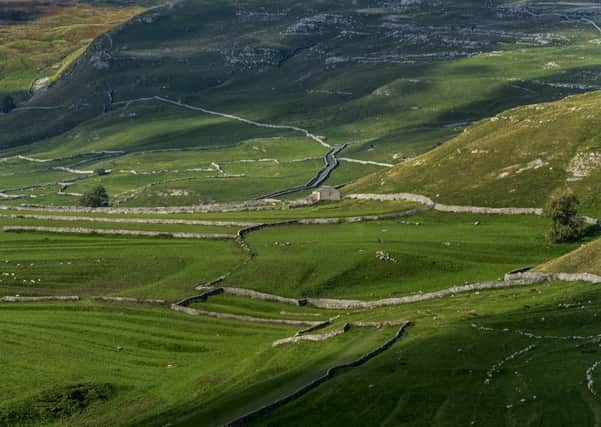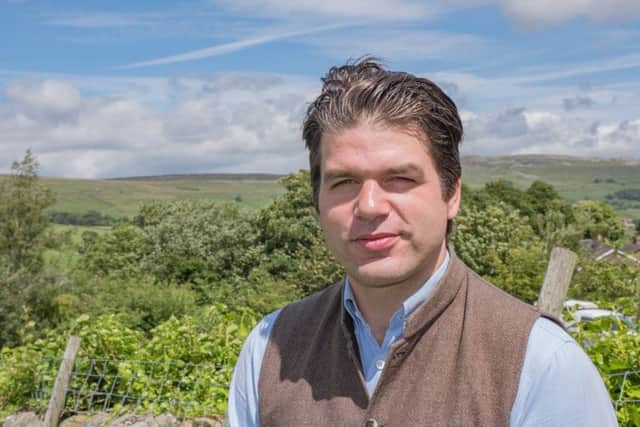View from the Dales: Local solutions are the way forward


And yet upland farmers are also stubborn, and rooted to the core. They are the backbone of the Yorkshire Dales National Park. Without them, communities would collapse and the landscape would become unrecognisable. The last farmer to leave the Dales might as well turn out the lights.
It is for this reason that the Yorkshire Dales National Park Authority is doing everything in its power to fight for upland farmers as Brexit becomes a reality and new English agricultural policies are shaped.
Advertisement
Hide AdAdvertisement
Hide AdFarming more intensively is not the answer for many Dales farmers, many of whom have land which for all its beauty is formally classified as “severely disadvantaged”.


The sums do not add up. The land cannot cope with more livestock without greater inputs of fertiliser and feed, and investment in bigger sheds. Even if they are ‘lucky’ enough to persuade the bank manager to loan them the money, these capital and running costs eat relentlessly into already thin profit margins.
So, how can a Dales farmer running a few hundred ewes and possibly a few dozen cattle keep going? More than that, how can they thrive? One way would be to create a better system of public funding, to reward those farmers who are providing environmental benefits.
In March, acting on behalf of a group called the Northern Upland Chain Local Nature Partnership, the Yorkshire Dales National Park Authority welcomed the Minister of State for Agriculture, George Eustice, to the Park. We wanted to help him understand the environmental benefits that many Dales farmers create for the public.
Advertisement
Hide AdAdvertisement
Hide AdMr Eustice met William Utley of Bridge End Farm in West Witton, one of 19 farmers in Wensleydale who are trialling a new type of agri-environment scheme, run by the Authority in partnership with Natural England.


Instead of having to follow endless prescriptions – setting out what he can and can’t do, and when – Mr Utley is paid by results. The better his fields are for wading birds such as curlew, the more he gets paid.
How he produces that good quality habitat is up to him, as it should be. It is an example of local expertise and local knowledge collaborating to the benefit of the farm business and the environment.
It has been clear since 1954, when the Yorkshire Dales National Park was founded, that it depends a fair bit on farmers for its identity, appearance and vibrancy.
Advertisement
Hide AdAdvertisement
Hide AdOne night only a couple of weeks ago, I caught a conversation in Hawes where someone asked a farmer, “Are you cutting yet?”
“No,” he said.
“I’ve got to have some grass first. No point cutting unless there’s grass to cut.”
And there’s the rub: local conditions will always make a fool of national rules. A locally-tailored and delivered scheme offers the best way of maintaining one of this country’s most valuable landscapes.
Andrew Fagg is a media officer for the Yorkshire Dales National Park Authority.